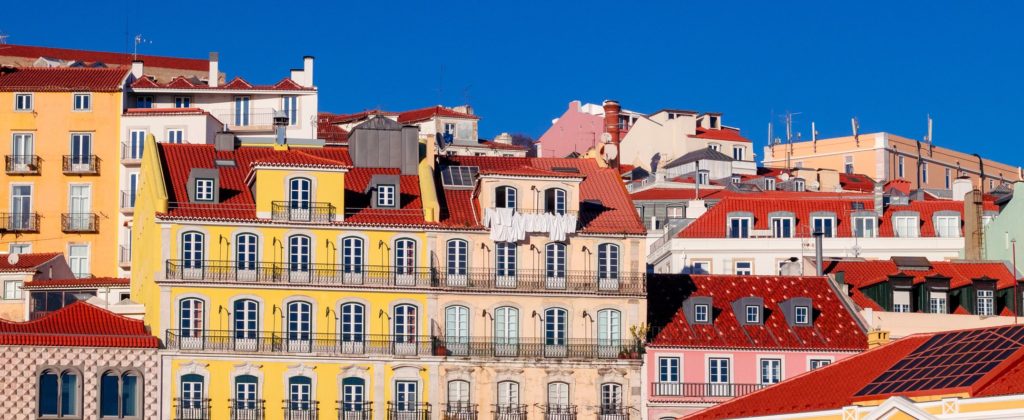The tax on property assets above €600,000 is going up
The tax on property assets above €600,000 is going up in Portugal.
Portugal increases the tax on property assets of over 600,000 euros.
Minor scare just as the IMF recently worried about the record level of global debt… Portugal should, in the coming months, tax the most expensive property assets to fund pensions.
According to the draft budget submitted Friday night by the Portuguese socialist government to Parliament, Portugal will, from 2017, levy a tax on the wealthy owners of property assets above €600,000.
During the day, the socialist Prime Minister Antonio Costa announced that this tax would help finance the Portuguese pensions system. “The taxation of the wealthiest property assets will reinforce the sustainability of our social security system and will contribute to tax justice,” he declared in front of the deputies.
According to the draft budget, if the taxation value of all the property assets of one owner exceeds 600,000 euros, a 0.3% tax will be charged on the top of that threshold. The provisional income generated, estimated at 160 million euros per annum, “will help increase pensions” said Catarina Martins, leader of the left block, a government ally.
This draft budget is primarily intended to reassure Brussels and the markets of the determination of Portugal to curb deficits, while managing its anti-austerity allies on the left. “It is a responsible budget, marked by a consolidation of accounts combined with a social orientation,” summarized the Finance Minister, Mario Centeno, adding that he expected a “positive assessment’ from the European Commission. Let’s not forget that Portugal won Euro 2016… But it was also declared in fiscal slippage by the Commission.
As expected, this project, under study since September, angered the real estate sector. Luis Lima, the president of the Portuguese real estate agent’s association believes that “this tax will have devastating effects on the sector and will damage the confidence of foreign investors”.
Yet, they are currently flocking to Portugal to purchase houses and apartments. In first place among foreign buyers are the French (27%), including many retirees attracted by tax exemptions, followed by the British (18%) and Chinese (13%). Since 2013, Portugal has indeed implemented a near total exemption of income tax for a period of ten years for expatriates settling in the country. The tax advantage put in place in 2013 is based on the ‘Non-Habitual Resident Status’, which presumes that an individual has not been a tax resident in Portugal in the last five years, without any other age or nationality conditions. This allows to attract both retirees, with a strong purchasing power, and high added-value sectors professionals.
In 2015, the three most important countries in terms of new residents were Britain (23%), China (18%) and France (16%). In the first half of 2016, the French moved to the top, representing 25.5% of newcomers according to forecasts of the Apemip.
“It is an unprecedented fiscal attack against the real estate sector” at a time when “the market is steadily growing, attracting more and more foreign investors” said the Lisbon Owners Association (ALP). It is worth noting that currently there are about a quarter of foreign buyers in Portuguese real estate.
Nevertheless, the 600,000 euros threshold spares most of the golden visas beneficiaries, the residence permits allowing non-European investors to accessing the Schengen area.
To attract investments, Portugal has been granting these visas since the end of 2012 to candidates willing to pay at least 500,000 euros to purchase of a property or invest 1 million euros or create ten jobs. In the space of 4 years, 3,888 such visas were granted, generating an investment of 2.37 billion euros. Beneficiaries are largely Chinese but also Brazilians and Russians.
Twice attacking the real estate sector, the Portuguese government has also decided to increase the level of taxation on tourist rentals that were, so far, benefiting from lower rates than those applying to long term rentals. This measure comes as the number of tourists accommodated in Lisbon through Airbnb, the accommodation rental platform, doubled in 2015, from 213,000 to 433,000 people in a single year.






